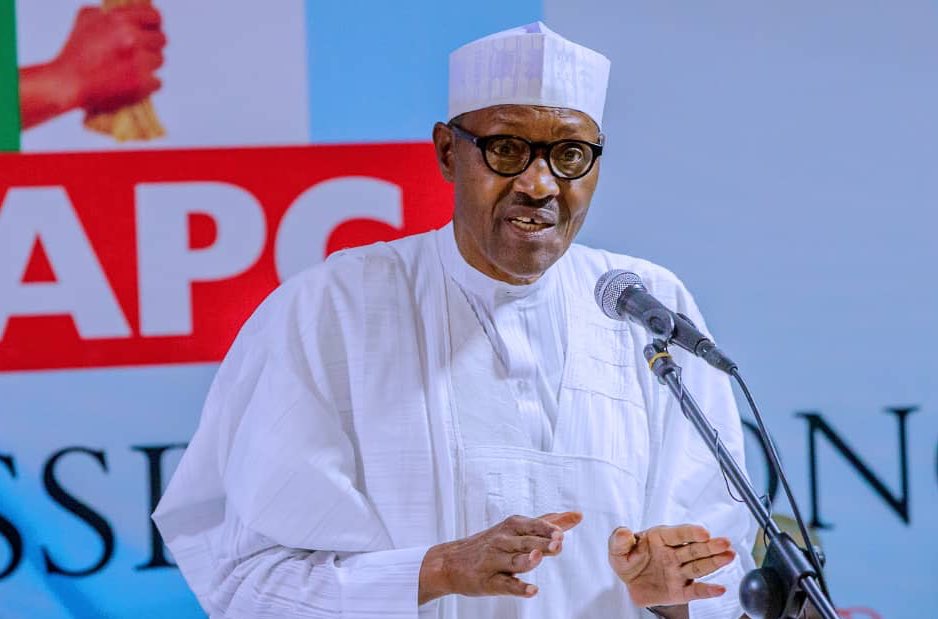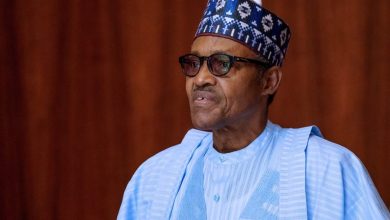NewsPoliticsPress release
Presidency Welcomes IRI/NDI Report on 2019 Elections with Reservations

The Presidency welcomes, with reservations, the joint report of the International Republic Institute (IRI) and the National Democratic Institute (NDI) on the 2019 general elections in Nigeria and recommendations for the 2023 general elections.
It is instructive that President Buhari clearly won this vote and the report in no way disputes that fundamental fact.
President Buhari won by almost 4 million majority, with a 14% margin.
However, the most important thing in an election is that it reflects the will of the people which in our circumstances was acknowledged to have been a success by ECOWAS Observer Mission and YIAGA AFRICA whose parallel vote tabulation verified INEC’s presidential election result as announced. This we achieved.
We have developed a tradition of improvements in our electoral process through enforcement of our electoral law which resulted in the prosecution and conviction of electoral officers that were found wanting in compromising our electoral process.
We, however, agree notwithstanding, that there are improvements that must be made in the process for the future. The sheer size, terrain and remoteness of certain regions do pose serious logistical challenges.
They also pose a problem for electoral observers: across a country of over 190 million, only 40 observers were deployed to observe just 16 states + the Federal Capital Territory (Nigeria has 36 states).
It was unfortunate that the election was postponed yet imagine if the Independent National Electoral Commission (INEC) had gone ahead unprepared. The delay undoubtedly resulted in a lower turnout.
Because they are registered to vote in their place of birth, and not where they live, many Nigerians could not make arrangements to travel back again.
But the fact still remains that major democracies of the world have equally recorded worst turnout in modern history.
The effect of voter turnout, at any rate, is a two-way traffic that affected both sides equally.
To pretend otherwise is wrong considering that in 2015, the INEC postponed the election by six weeks under a PDP President, whom – as an incumbent – it was said to help at the time. It didn’t make a difference. Similarly, neither did it aid the sitting President in 2019.
It is amazing that the electoral observers recommended that electoral laws are enforced, and perpetrators of crimes punished and at the same time implicitly criticise the removal of the Chief Justice of Nigeria for failing to disclose his assets as required by law. Which would they prefer?
The law is a matter of principle that takes its course regardless of time and circumstances. It is never a matter of convenience and indeed remains functional, operational and enforceable without due regard to the electioneering process.
As we have already said, we are committed to reviewing our electoral laws and processes, like every democracy across the world should.
We intend to build on the innovations of this election that facilitate inclusiveness and participation, such as providing braille for blind people to cast their votes among other innovations.
This election was won by the candidate who received the most votes. We value the report’s recommendations. We can assure they shall be assessed and evaluated.
Garba Shehu
Senior Special Assistant to the President
(Media & Publicity)





